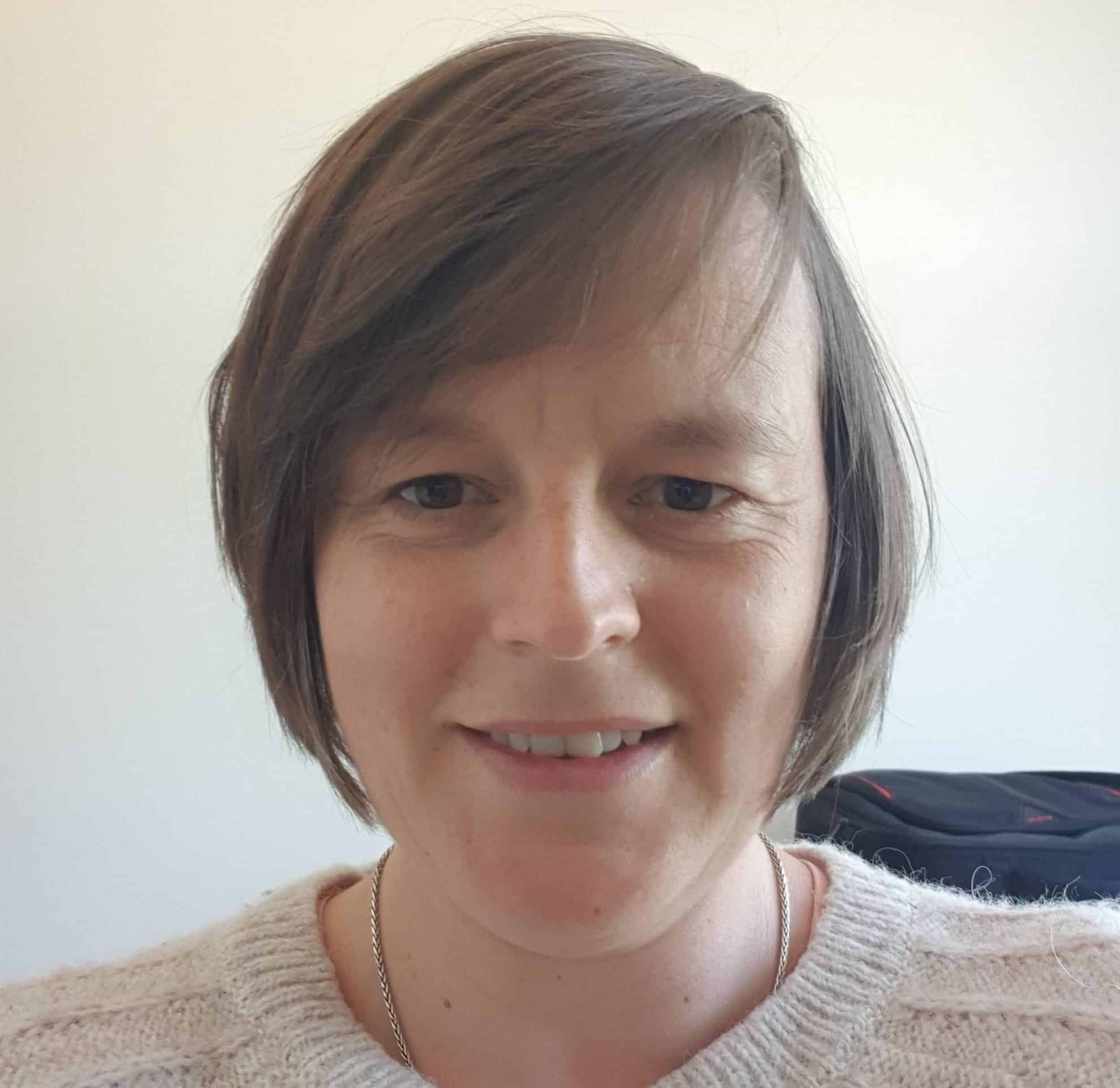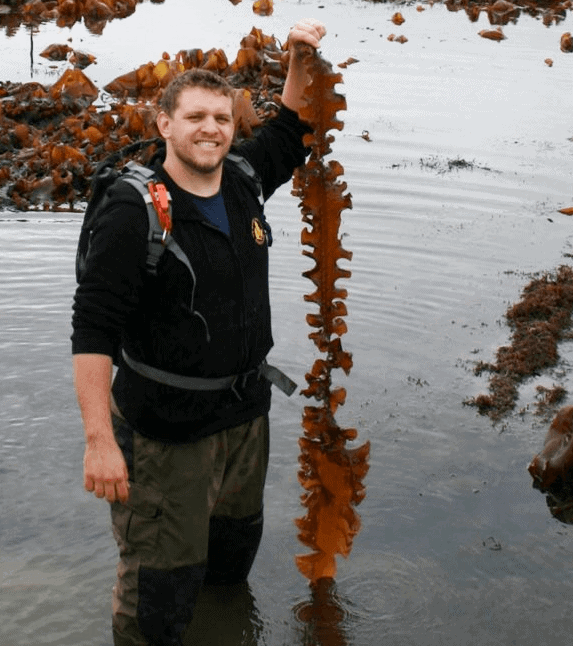-
Asked by anon-295725 on 30 Jan 2021.
-
Sam Rowe answered on 30 Jun 2021:
Luckily I get to do both! My job is mostly office based in Norwich (but currently working from home due to covid/pandemic) where I plan science education events, but as part of that I’ve been learning lots of new lab techniques so I can pass them on to school teachers/technicians, students and nature group members in the future. As for the travelling, that’s all on hold at the moment, but once it’s safe to do so I’m hoping to plan events on the Norfolk Broads and visit other people in the UK working on this project.
-
-
Sophie Potter answered on 30 Jun 2021:
I mostly work out of an office these days (in my spare room to be exact!) but have been known to do a bit of lab work to help out where needed. Our staff at Sanger are mostly either lab or computational workers, but I know a lot of the other organisations have people who spend a lot of time in the field (or even on boats!)
-
Liz Cook answered on 7 Jul 2021:
I work in an office, I hung up my lab coat and gloves about 5 years ago! I wouldn’t have thought there were so many non-lab-based jobs in science when I was younger, but there are lots of things available, in terms of project management, co-ordination, scientific communication, computer work. Having a science background can definitely help with a lots of these jobs, so I’m glad I did spend time working in the lab first.
-
Sahr Mian answered on 20 Aug 2021:
I work in a lab at Kew Gardens but I also get to go on fieldtrips to collect plants.
For the Darwin Tree of Life project, our team at Kew is trying to collect as many of the native UK plants as we can and have their genomes sequenced. While Kew is located in London and we have a lot of places to collect plants, some plants don’t occur in London and we get to go out to different places in the UK and collect them.
-
Alice Minotto answered on 8 Sep 2021:
I work in an office (actually I’ve been working at home since last year!). I knew I didn’t want to be in a lab since I started university, I’m also way to clumsy for any job that involve handling so many glass and costly items!
-
Michelle Grey answered on 1 Apr 2022:
Hi Hannah, I primarily work in the lab but I have had the opportunity to work in the field as well. At the start of my contract I assisted in collecting sea beet seeds from different locations across the UK (Norfolk coast, Liverpool, and outer London areas). I then was able to travel to Denmark where I was trained on an inoculation technique which involved using an airbrush (the kind used in model painting or cake decorating). I then trained our PhD student on how to use this technique for her project. She is studying sugar beet rust which is a fungal pathogen.
My favourite field experience though was while working for a marine-based survey company where I travelled to Malta to calibrate instruments used in monitoring salt, debris and pH of the seawater. Being able to do both the collecting of samples and processing in the lab is what makes my job such an interesting and fulfilling one!
Related Questions
Latest Questions
-
What is the species you are most excited to investigate?
-
What’s the most interesting species you’ve studied?
-
What is the Devil’s Coach Horse’s closed relative?
-
What is everyone’s favourite bug?
-
What drew you the species that you study?
-
What A-Level results did you get?
-
Is this always what you wanted to do??
-
how does nitrogen and dry ice preserve dna ?
-
Have you seen any effects of climate change on the aquatic environment/ organisms?
-
do you actually like worms or do you just pretend? (i am terrified of worms)
Latest Comments
-
Do all butterflies migrate? Are they all as extreme as the monarch butterfly? (1 comment)
-
🍄🧬 Chicken of the Woods: Our first fungus genome (1 comment)
-
When did you leave your parents? (1 comment)
-
How long have you worked in the field you work in? (1 comment)
-
How do you ensure that your DNA samples haven't been contaminated? (2 comments)







Comments